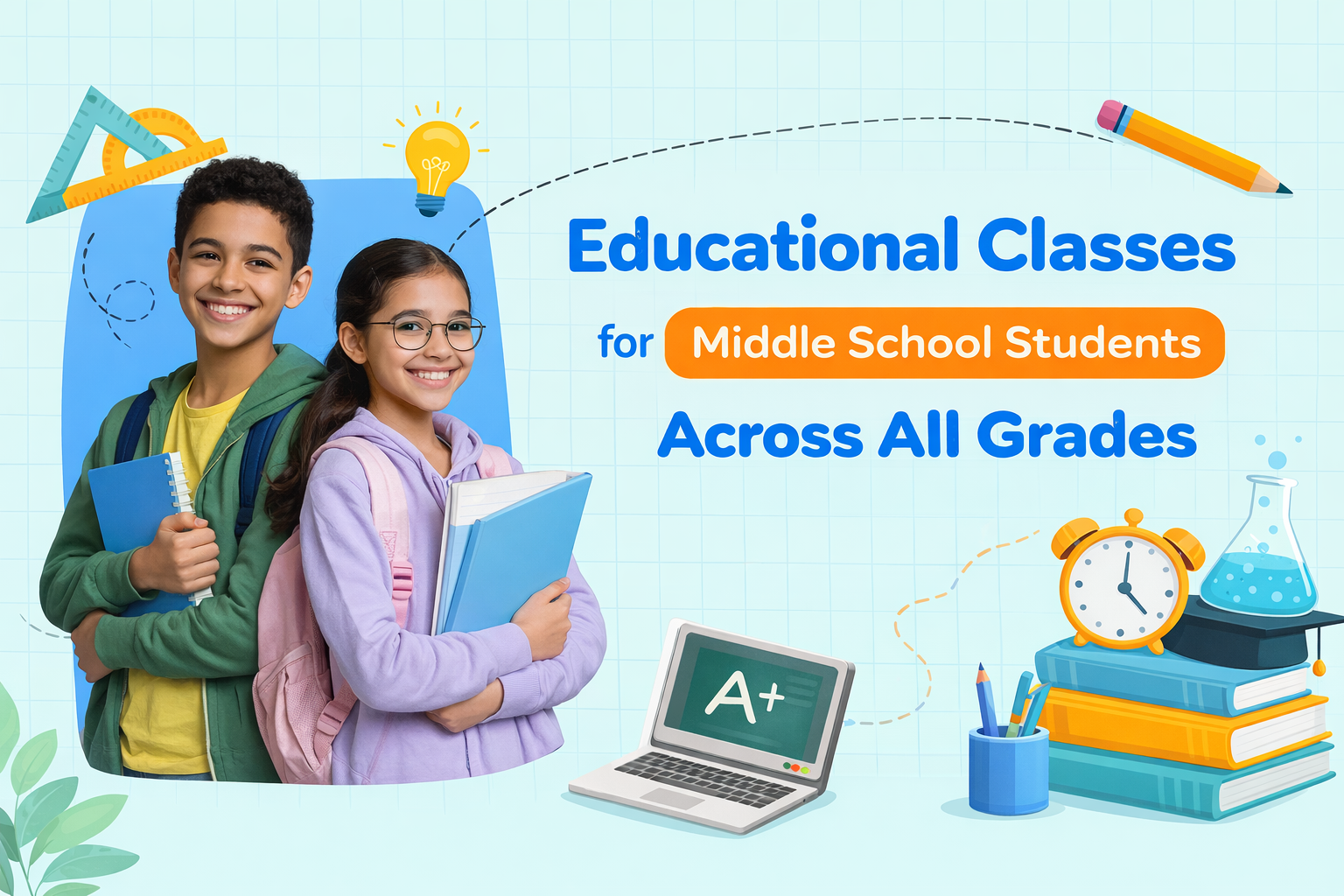
When thinking about meaningful activities for children, most parents look for options that combine learning with creativity. Coding is one of those rare skills that does both. And with the growing use of technology in every part of life from education to daily routines it’s becoming more important than ever for children to understand how digital tools work.
This guide walks you through how coding fits into your child’s learning journey, what to look for in a high-quality learning activity, and how iSchool makes coding approachable, fun, and age-appropriate.
What to Look for in a Learning Activity for Your Child
Not every learning activity is created equal. When choosing how your child spends their free time, here are a few things to keep in mind:
- Is it active or passive? Watching videos is passive. Solving challenges or building something like a story or a game is active.
- Does it build useful skills? Activities that strengthen problem-solving, focus, creativity, or communication are worth prioritizing.
- Is it age-appropriate and engaging? A good activity should match your child’s learning style and feel fun not frustrating or boring.
Coding checks all these boxes. It’s hands-on, mentally stimulating, and offers a strong foundation for both schoolwork and future careers.
Why Coding Is One of the Most Effective Learning Activities for Kids
Many parents think coding is only for older students or those who are already “techy.” But today, kids as young as 5 are learning to code through platforms like Scratch, which uses drag-and-drop blocks to teach logic and sequencing.
Here’s why it matters:
- A 2022 study from the University of Cambridge found that children who learned basic programming showed improved problem-solving and memory recall.
- MIT’s Scratch team reports that over 94 million children worldwide have used the platform to create interactive stories, games, and animations.
- Coding teaches kids how to solve problems independently and break down large tasks into smaller, manageable parts a skill that helps in almost every subject.
How Coding Supports School Skills: Math, Logic, and Focus
Many parents notice an improvement in their child’s school performance after they begin coding. That’s because coding naturally strengthens several key academic abilities:
- Math: Coding includes sequencing, variables, and patterns all core math skills.
- Logic: Writing code means thinking through decisions, predicting outcomes, and using if/then logic.
- Focus: Debugging requires patience, trial and error, and concentration.
In short, learning to code isn’t a distraction from school it can actually support it.
iSchool Learning Tracks: Structured Paths by Age and Level
At iSchool, coding is taught through step-by-step learning tracks that grow with your child. Each path is designed for a specific age range and gradually builds skill and confidence.
Here’s a quick overview:
- Scratch (Ages 5–9): Learn the basics of coding using colorful blocks. Students build animations, interactive stories, and simple games.
- Game Development: Learn how to design, code, and test full video games using platforms like Unity and Scratch.
- App Development: Build mobile apps from scratch, using tools like Swift and Android Studio. Great for students 10+.
- Python & Data Science: Python is a widely used language in schools and tech companies. Kids learn how to automate tasks, analyze data, and more.
- AI & Machine Learning: Understand how smart systems work and how to create simple AI-powered projects using visual tools.
- Web Development & UI/UX: Learn how websites are built and what makes a design easy to use.
- AR/VR with 3D Coding: Dive into the world of augmented and virtual reality, using 3D space to build immersive games and apps.
- Minecraft & Roblox: Code inside games your child already loves. Customize gameplay, build logic, and run real code within familiar platforms.
Real Projects Your Child Will Build While Learning
Learning at iSchool is never about theory alone. Every lesson leads to a real project your child can show, share, and use.
Some examples include:
- A clicker-style mobile game where each level teaches a new coding concept
- A daily planner app built with Swift
- A science quiz that adapts based on the user’s answers
- A website portfolio showcasing projects and interests
- A Roblox mini-game built with Lua scripting
- A virtual pet that responds to player choices in real time
These projects build not just coding skills, but also confidence and creativity.
How Parents Can Support Their Child’s Coding Journey (No Tech Skills Needed)
You don’t need to be a programmer or even understand code to support your child in learning it.
Here are a few simple but powerful ways to stay involved:
- Ask about what they’re building. Kids love to explain how their code works when someone’s genuinely interested.
- Celebrate small wins. Whether it’s a working animation or a fixed bug, showing encouragement keeps motivation high.
- Give them space to explore. Coding involves trial and error, and mistakes are part of the process.
- Provide time and tools. A quiet space, a reliable device, and time to focus go a long way.
At iSchool, we also keep parents informed through progress reports and project updates so you’ll always know how your child is doing.
Get Started with iSchool: Coding Classes Made for Kids
Whether your child is in kindergarten or high school, iSchool offers a structured, supportive environment where they can learn to code, build real projects, and feel proud of their progress.
With expert instructors, interactive lessons, and age-appropriate learning tracks, coding becomes less of a mystery and more of an exciting tool your child can use to build games, apps, websites, and more.
Let your child explore something meaningful. Enroll today in iSchool’s coding programs and open the door to a whole new way of learning.
Yes, a 6-year-old can pick up coding skills. For extremely young children, reading and typing skills might be a barrier to learning how to code, which can be particularly difficult for those under the age of six. iSchool classes, however, deal with this issue by introducing programming through MIT Scratch and other user-friendly drag-and-drop languages. This strategy enables children to explore the core ideas of coding through engaging and interactive learning techniques.
iSchool aims to teach students aged 6 to 18 the fundamental principles of programming languages, beginning with simple concepts such as syntax, variables, data structures, and so on, and progressing to more complex concepts such as polymorphism, concurrency, and so on, using interactive languages and tools such as MIT Scratch, Unity, Unreal Engine, and others.





